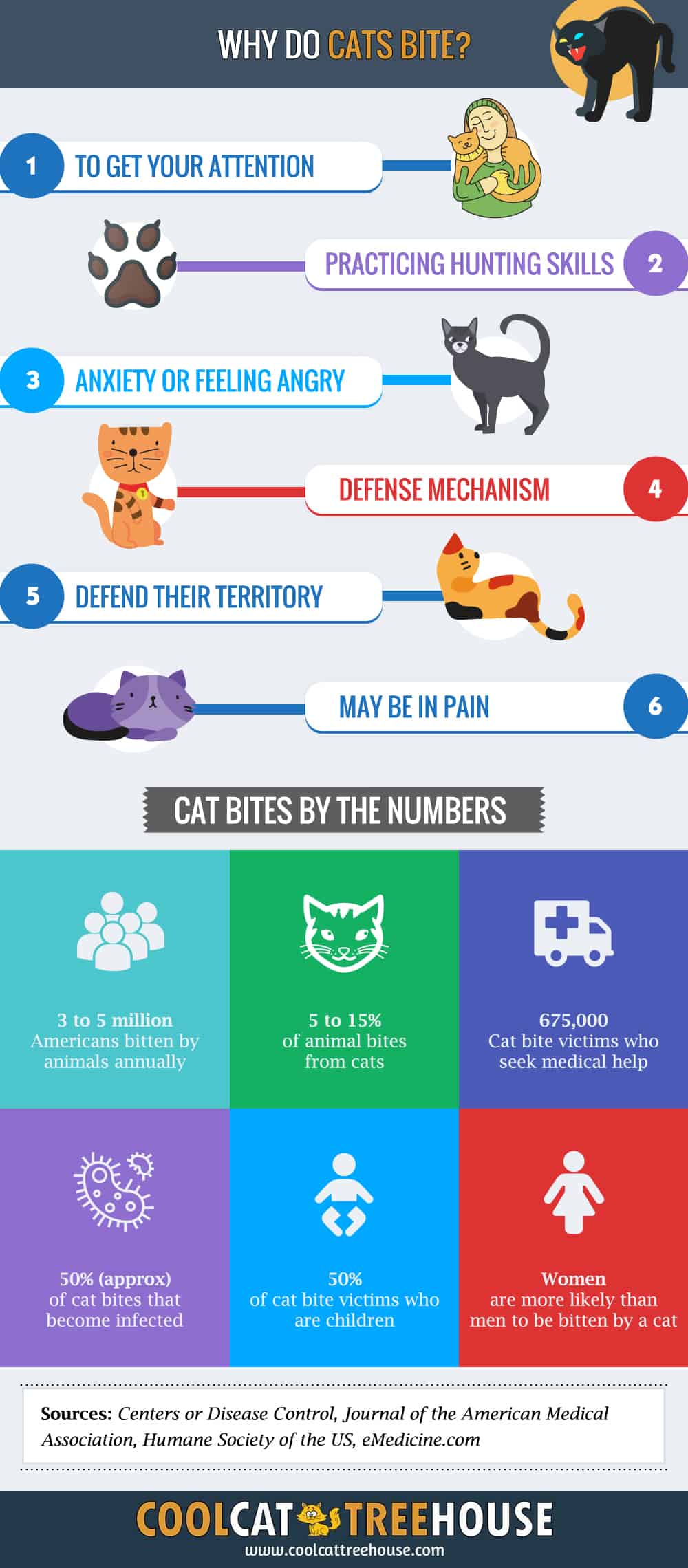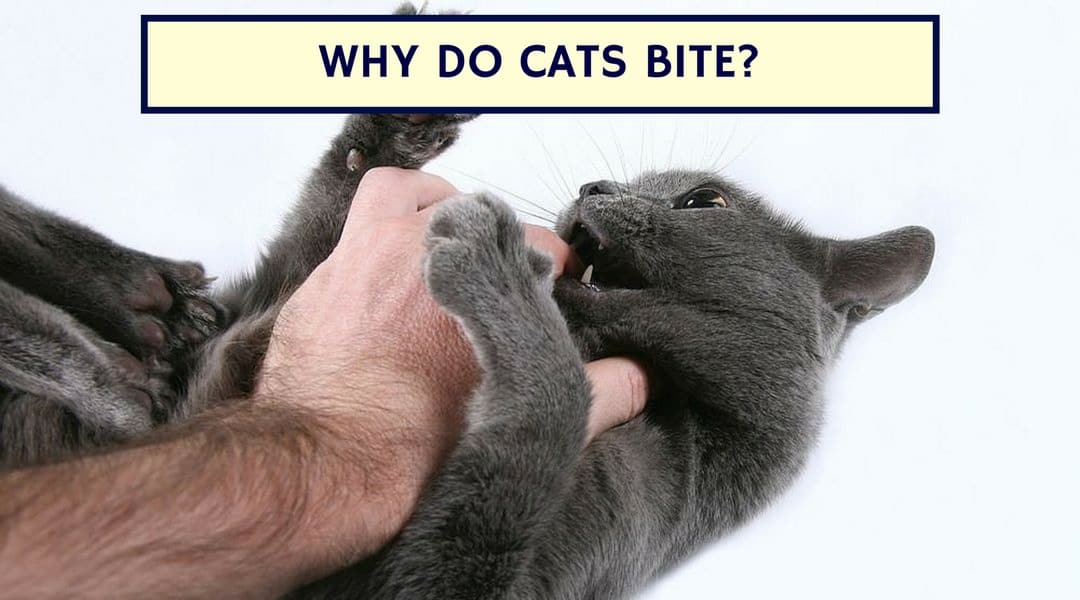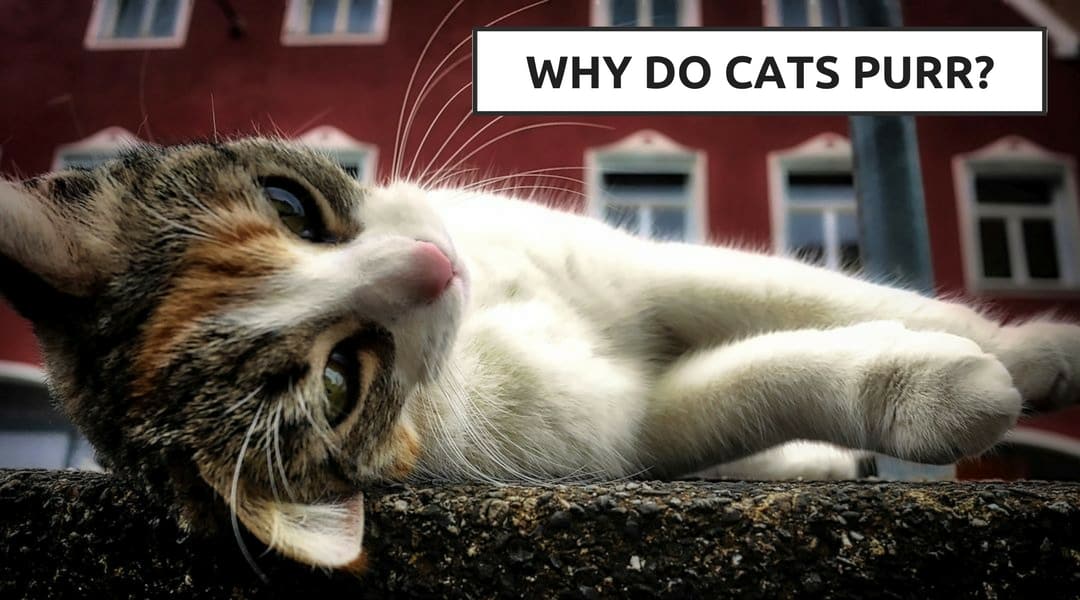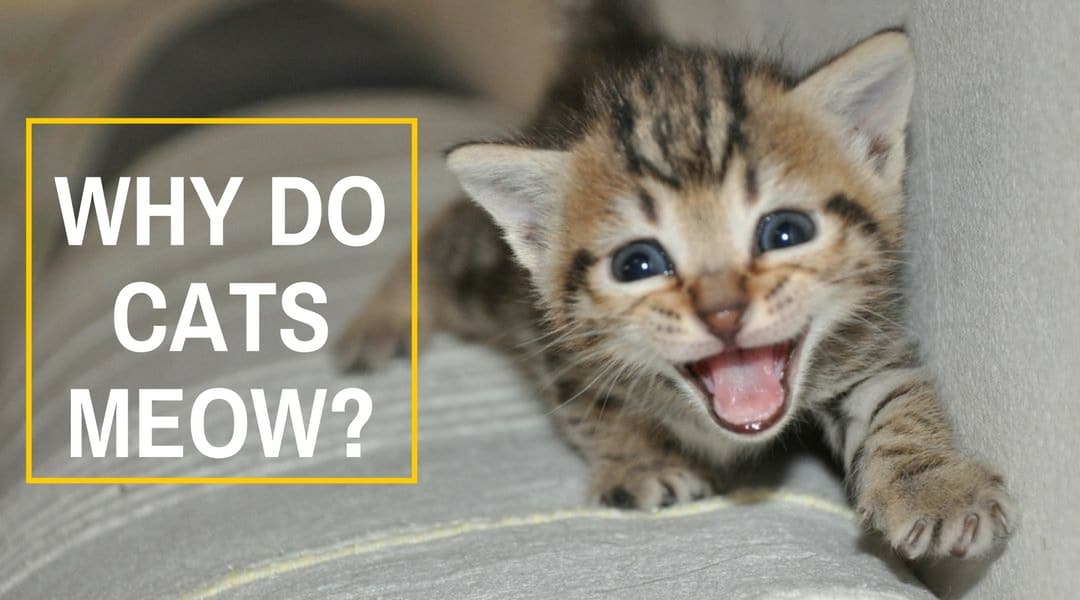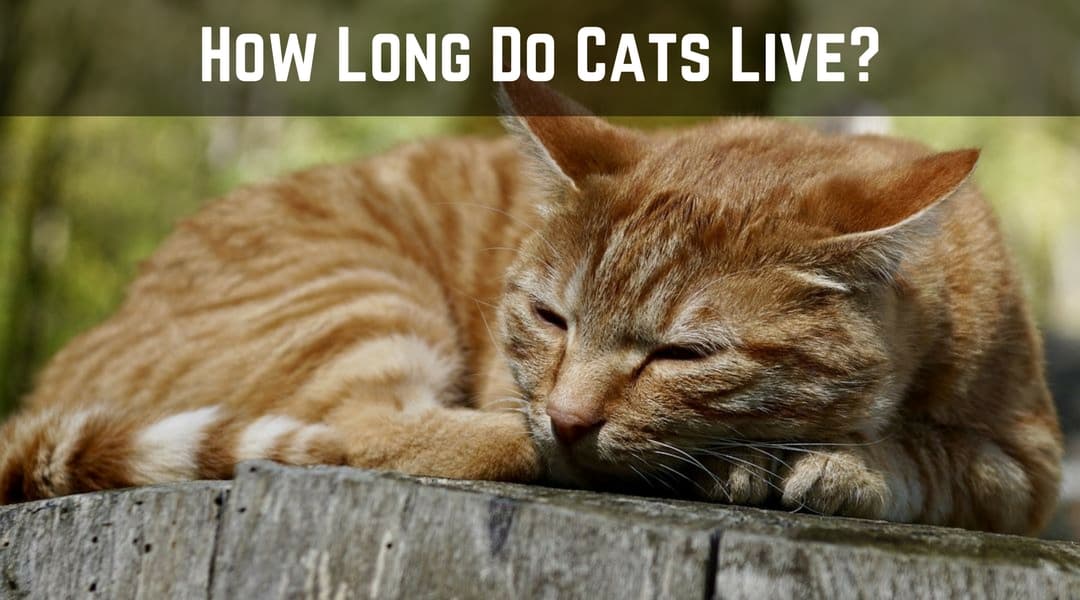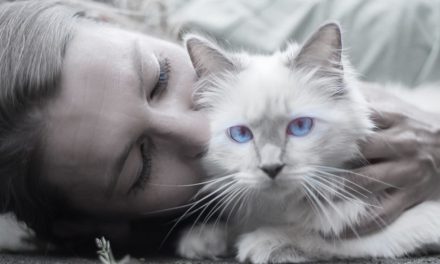Table of Contents
Have you ever wondered why do cats bite? If you are a cat owner, probably you have been a victim of your cat’s aggressive behavior. Some of the common ways cats show aggression include pouncing on you immediately as you walk by, or when you pet the cat, it starts a full-scale attack that entails clawing and biting. Cat bites and claws are painful, but you do not need to worry because in this article I will share with you the reasons why cats bite, ways to minimize the bites, potential side effects, and treatment options.
The Reasons Why Cats Bite
It may sound odd, but your cat may bite you as a way of playing with you because most cats have high energy levels. Cats can spend approximately 80 percent of their time sleeping, but when they finally wake up, they are normally in dire need of entertainment. To cats, playing is synonymous with searching for a prey, and aggression is the behavior cats engage in when looking for a prey.
Your cat may bite you in order to seek your attention, especially when you are busy doing other things. For example, you may have noticed your cat pouncing on you when using a computer or making a phone call. It is possible for your cat to bite even if the cat is engaging in
Cats are natural predators, and they may bite as a way of practicing their hunting skills. Hunting is an instinctive behavior for cats, and there are typical signs that accompany this behavior. The cat may stalk you from under the chair or from behind the door. The cat may also twitch its tail, crouch, flicks its ears, before it
Your cat can also bite you as a way of redirecting its aggression. This happens when a cat is experiencing anxiety or feeling angry because of a specific situation, and the owner interrupts. The cat may respond by engaging in aggressive behavior, which is not meant to cause you harm, but to deal with the accumulated tension. It has been observed that cats are more likely to redirect their aggression when children or dogs are bothering them.
Cat bites can be a form of defense mechanism, especially when they cannot escape a situation, or when they do not have an alternative place to hide.
Sometimes, your cat can bite you to resist unnecessary patting. This type of aggression is strange, and even experts in animal behavior do not understand it fully, but the speculation is that some cats are sensitive, and do not tolerate too much touch. Before biting because of unnecessary touch, cats send certain signals, and they include tail twitching, restlessness, sharp sounds, and ear flicking.
Cats may bite their owners in an attempt to defend their territory. Cats are known to be territorial creatures, but in most cases, the need to defend their territory only arise when they see other cats around. However, occasionally the cat may perceive the owner as extremely dominant, especially if the cat believes she owns the house.
Cat bites may also be a form of mating behavior, most common in cats whose sexual urges are not addressed. If you already have had your cat fixed, this reason wouldn’t apply.
Your feline friend can bite you because of medical reasons. If you have a calm cat that is never aggressive or too playful, a bite may be a sign of a medical problem or pain that should be addressed by a vet. For instance, older cats may develop complications such as arthritis. Cats with long hair may have knots in their fur, and this increases their sensitivity to touch.
A good first step to addressing why your cat is biting is to take your cat for a vet checkup.
Solutions to Minimizing Cat Bites
If you are finding your cat is highly
To lower the chances of your cat biting you, use toys that
If the cat starts to scratch or
You should never resume playing with an aggressive cat until the cat calms down; re-initiate the play using a toy.
Do not pet cats that do not like it. Instead, use alternative methods such as food to show your affection.
You should always stop patting your cat before the cat shows signs of irritation.
If your cat shows signs of territorial aggression, and try to prevent you from accessing certain places in your house, spray the cat with water to indicate who is the boss.
Giving cats different objects to play with frequently also lowers the chances of bites and aggressive behaviors.
Adopting a second cat also reduces aggressive behavior in cats. If you choose to adopt a second cat, make sure that their personalities match.
Avoid blocking the movement of your cat with your feet
If you have tried all of the above remedies, but your cat continues to bite people or show aggressive behavior, you should consult an expert in animal behavior for advice.
Cat Bites and Treatment
Bite infections from cats can have a mixture of aerobes and anaerobes emanating from the animal’s oral cavity and the owner’s skin. Some of the microorganisms include Capnocytophaga, Fusobacterium, Streptococcus, and Pasteurella. Bites from domestic cats can cause considerable sickness and in most cases, the bites require the administration of antibiotics and specialized care.
Therefore, if your cat happens to bite you, it is highly advisable that you seek medical attention because the wounds can become septic.
Why do Cats Bite Summary
Cats can bite as a way of playing with the owner, attracting attention, or protesting against unwanted behavior from the owner. However, some cats may bite because of medical or behavioral problems, for instance, too much aggression. The best way to minimize bites from cats is ensuring safety during play and refraining from activities that may irritate the cat, for example, too much patting.
In cases, where the bites are caused by medical or behavioral problems, then experts should be consulted. You should remember that all cat bites should be treated because the wound can become septic.
References
Why Do Cats Bite Infographic
